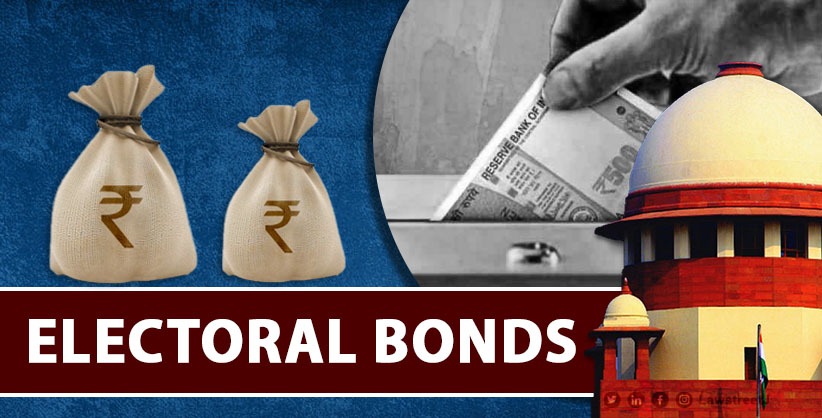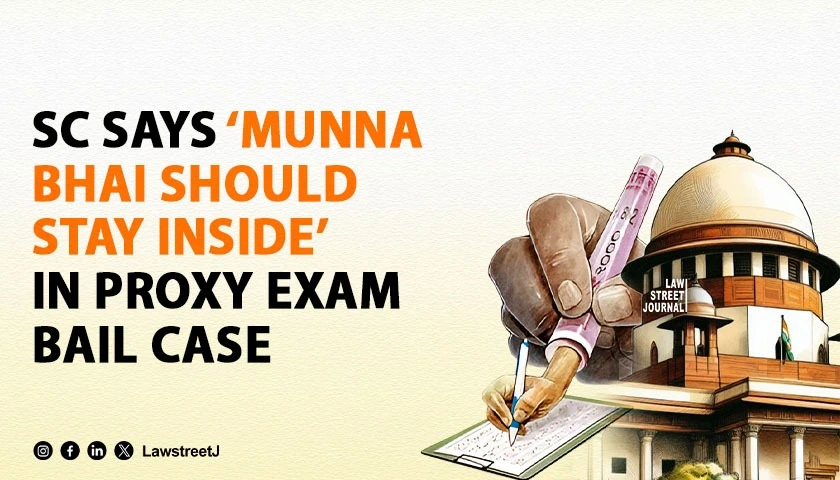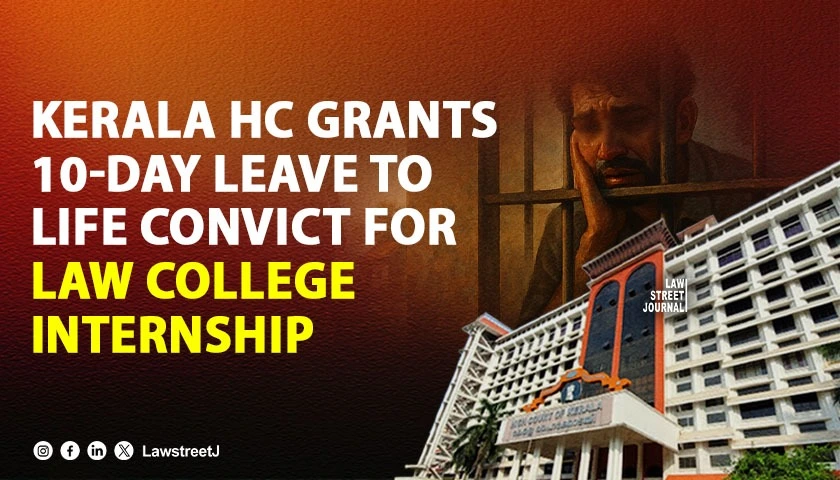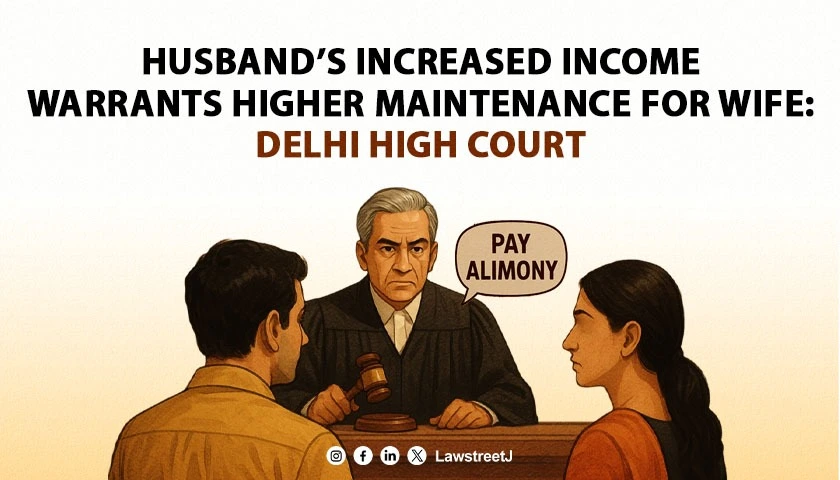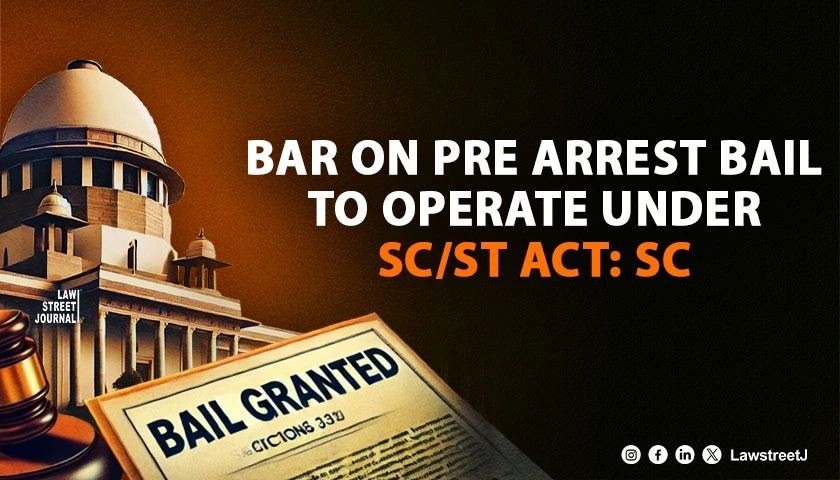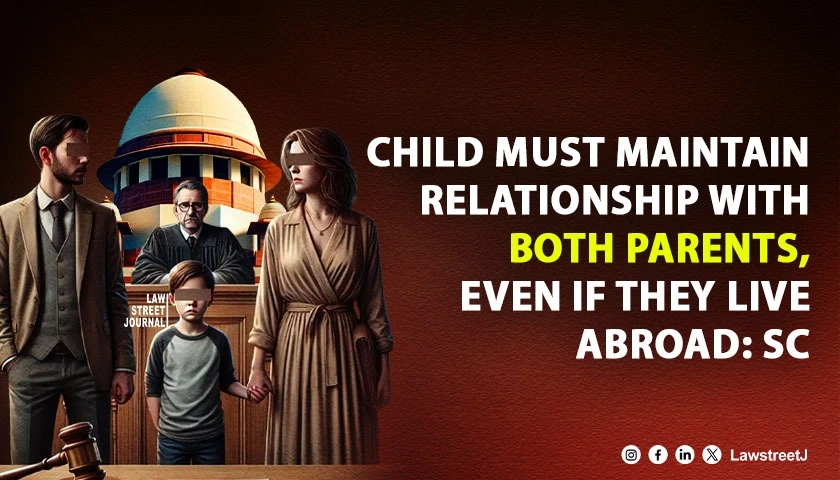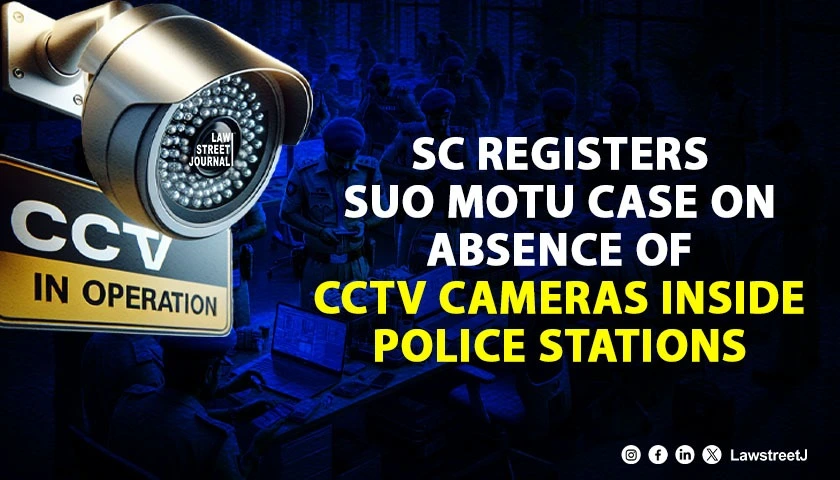NEW DELHI: The Supreme Court on Tuesday agreed to consider if pleas challenging the validity of electoral bonds scheme should be heard by a Constitution bench as it was contended the issue involved here related to the core of finances of the political parties.
A bench of Chief Justice D Y Chandrachud and Justice P S Narasimha fixed the matter on April 11 for examining the question of reference to the five-judge bench.
Appearing for a petitioner, advocate Shadan Farasat contended one of the aspects in the matter related to the core of the finances of political parties and this issue required an authoritative pronouncement.
He said the court may examine this matter to be considered by a Constitution bench, in view of the important questions involved here.
Senior advocate Dushyant Dave, appearing for Association for Democratic Reforms, also one of the petitioners, said, We will only benefit, if it is a constitution bench. It will not harm anybody. Yes, this issue goes to the core of our democratic existence. Rs 12,000 crore till now and the largest party gets more than two-third.
He also cited Karnataka Assembly elections to be held within months before which another tranche of electoral bonds would be open for sale.
The bench asked the Centres counsel, whether she is ready to argue on the aspect of referring the matter to a constitution bench.
The counsel said that Attorney General R Venkataramani, who was not present in the courtroom during the hearing, would have to argue whether a reference should be made to the Constitution bench or not.
On October 14, 2022, the Centre had claimed before the court that the electoral bonds scheme is an absolutely transparent mode of political funding and there was no possibility of black money in it.
NGO Association for Democratic Reforms (ADR) and others have challenged the validity of the Centres electoral bonds scheme introduced on January 2, 2018 as a source of political funding for being opaque.
On March 27, 2021, the top court had rejected the charge that the scheme was totally opaque, saying the apprehension that foreign corporate houses may buy the bonds and attempt to influence the electoral process in the country, was "misconceived".
It had pointed out that under Clause 3 of the Scheme, the Bonds may be purchased only by a person, who is a citizen of India or a company incorporated or established here. The court had also noted the purchase as well as encashment of the bonds, happening only through banking channels, is always reflected in documents that eventually come to the public domain.
In April, 2019, the top court had directed all the political parties to submit details of the receipt of Electoral Bonds to the Election Commission in a sealed cover.

